Common herbs and herbal tea recipes you can easily add to your daily menu RIGHT NOW!
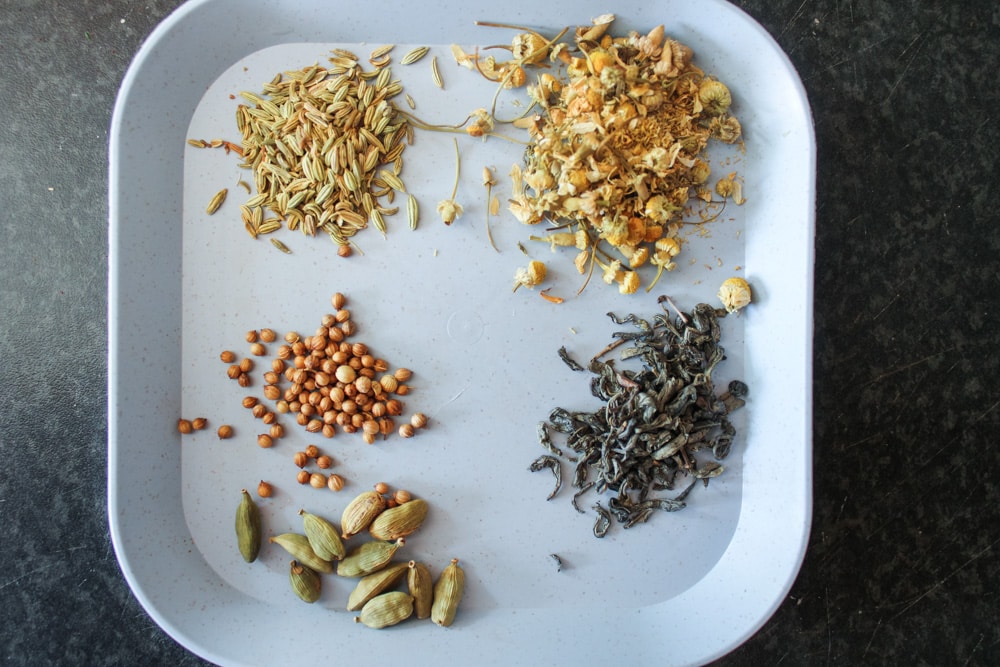

It is widely known that drinking herbal infusions can help us fight various ailments. Used prophylactically, they will have a beneficial effect on health and beauty, as well as supplement vitamins and microelements that we may lack on a daily basis. Get to know the herbs that are worth drinking every day.
What herbs to use to make your own herbal tea recipes and when?
The habit of drinking herbal teas should definitely be included in your daily rituals. It is believed that they help remove toxins from the body, are rich in antioxidants, and reduce the risk of developing neurological diseases. However, it should be remembered that herbs, as with everything, should not be overdone and should be used as directed. It’s also quite interesting with herbal teas though as no one has really studied their effects. The properties assigned to them are more an effect of observation than scientifically proven fact. What herbs are worth paying attention to?
Below are herbs and spices as well as herbal tea recipes you will always find in my house!
HERBS
nettle
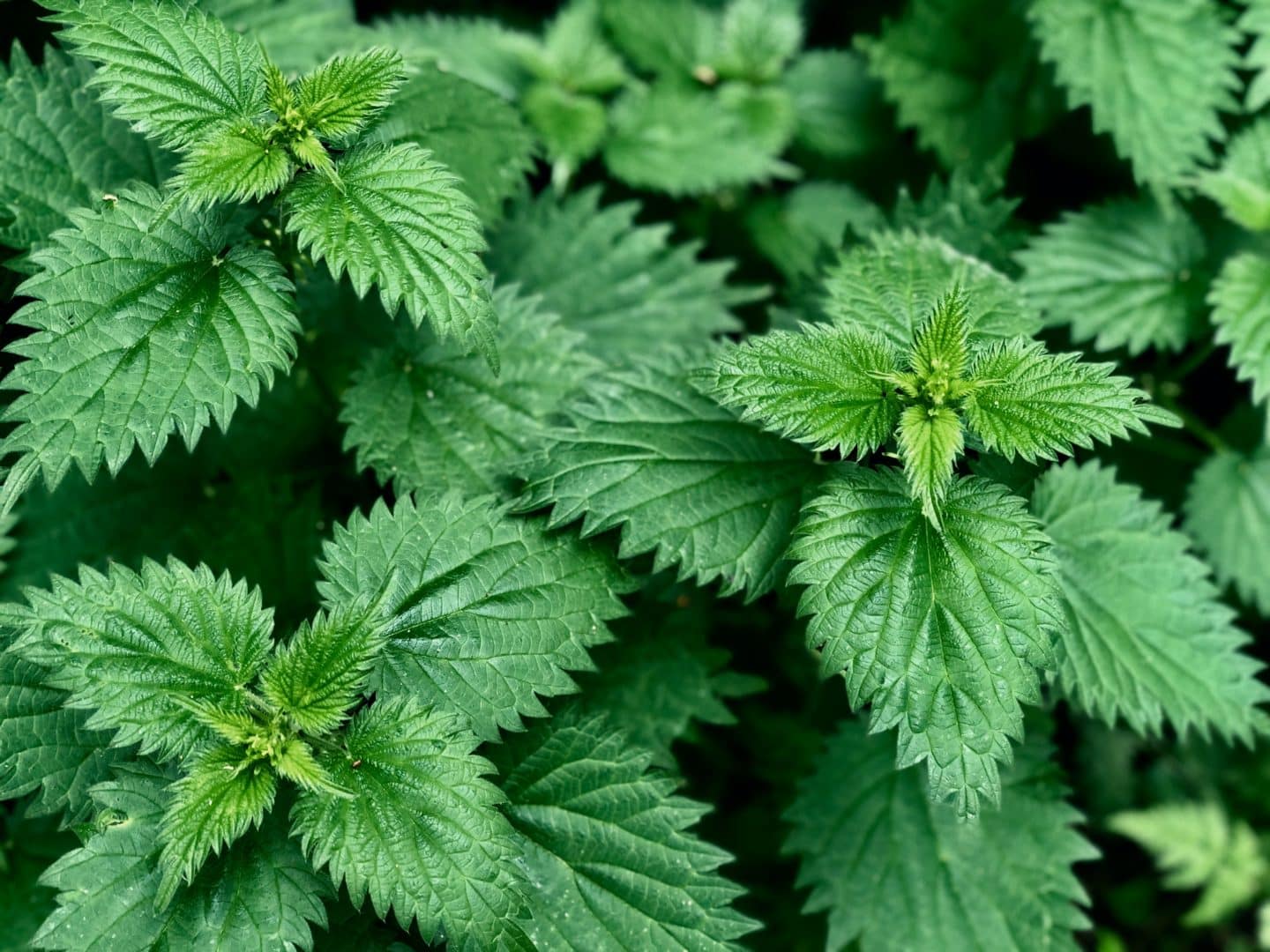
The well-known, popular weed turns out to be a real bomb of beneficial ingredients. Nettle contains mineral salts such as calcium, phosphorus, magnesium, manganese, iron, potassium, and silicon, as well as organic acids and vitamins A, B2, C, E, and K. Thanks to those properties drinking it regularly (but with a break every 2-3 days) can strengthen hair and nails. Also influences hair and nails growth, improves the appearance of the skin, regulates the work of the kidneys, and helps with urinary infections.
cons:
Nettle products have occasionally been reported to cause stomach upset (nettle root) and diarrhoea (nettle juice). Nettle-leaf tea has not been reported as a specific cause of these symptoms.
chamomile
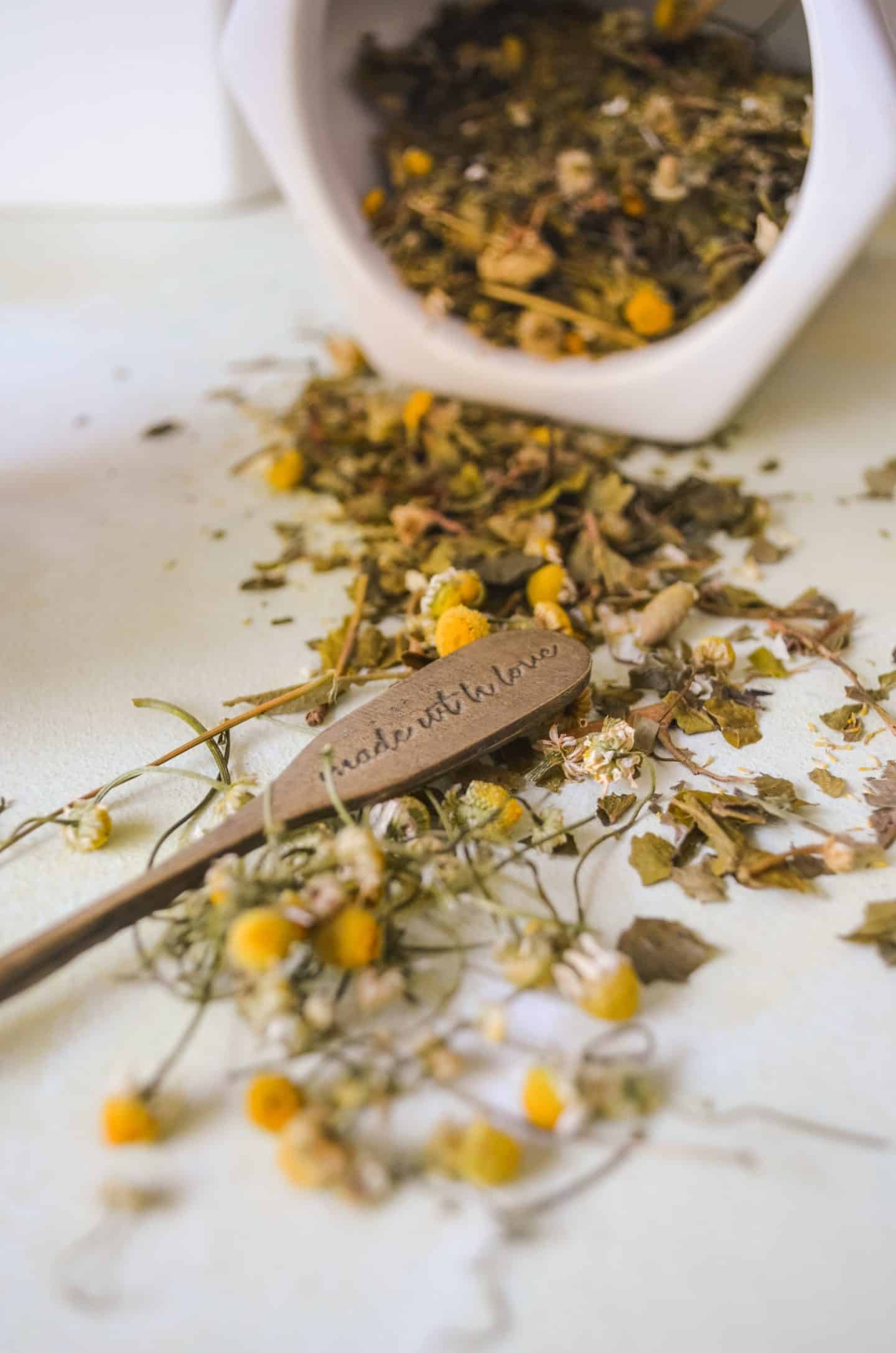
Chamomile has been known for many centuries and is highly appreciated in herbal medicine. In Poland, this plant grows from May to September and has a very strong, characteristic smell. It is worth remembering that chamomile is rich in various substances, such as alpha-bisabolol, flavonoids, and vitamin C. The most important properties of chamomile are its relaxing, relaxant, and antibacterial properties. That is why it can be used for menstruation, inflammation of the mouth and throat
cons:
Chamomile tea can amplify the effects of anticoagulant medications.
echinacea
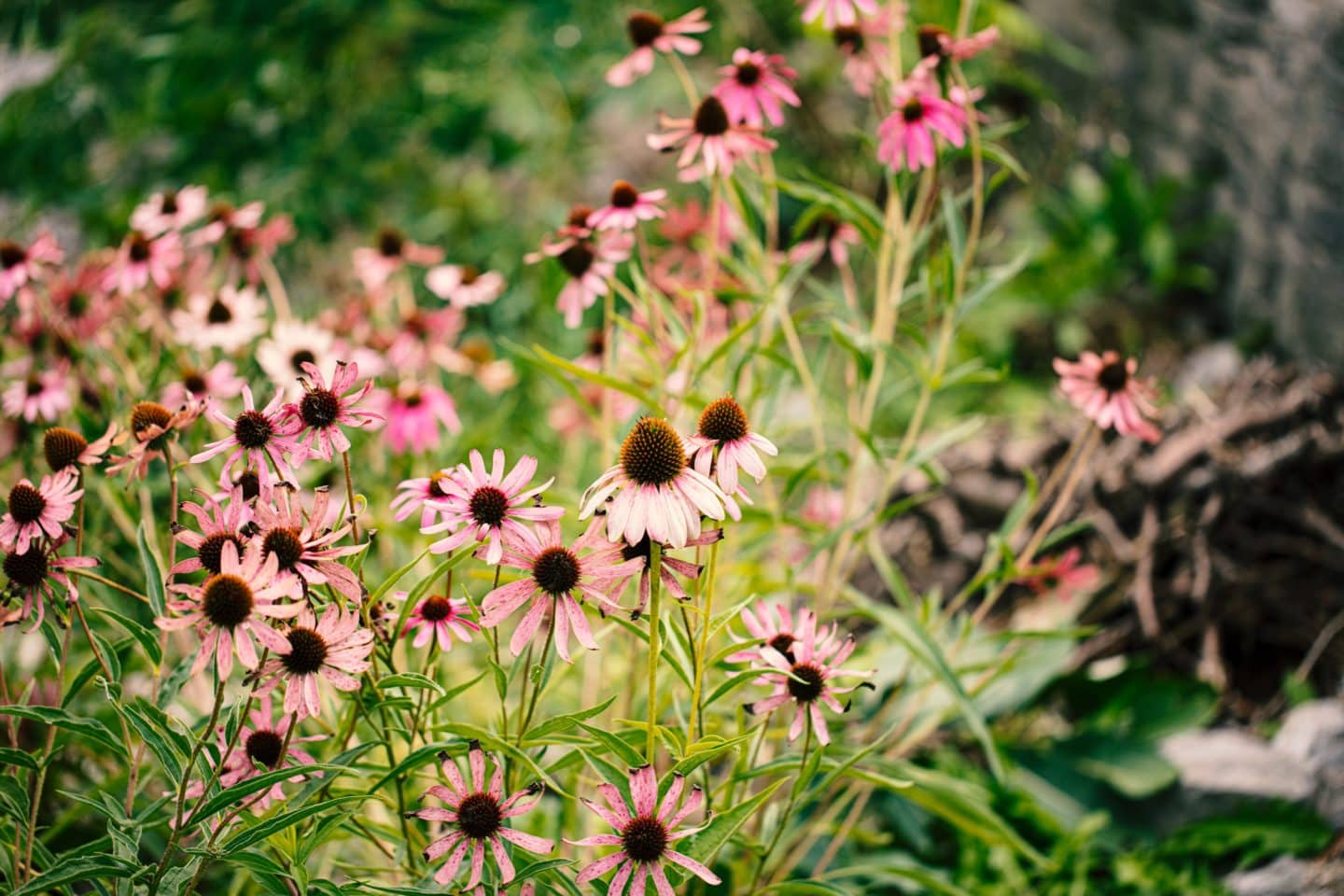
Echinacea extract accelerates metabolism, has immunostimulating, antibacterial, antiviral, antifungal, analgesic, antispasmodic, choleretic, choleretic, diaphoretic, antipyretic, anti-inflammatory, and anti-exudative properties. It stimulates the secretion of gastric, pancreatic, and intestinal juices, and stimulates regenerative processes. All-round fantastic herb to have all year round!
cons:
“Even though Echinacea is a herbal remedy of few side effects, it does have a handful of drawbacks.
In some individuals, Echinacea has caused allergic reactions and rashes, as well as digestive discomfort. As an immunomodulatory herb, Echinacea has the potential to harm individuals with autoimmune diseases (overactive immune systems) and should also be used with extreme caution in conjunction with any immunosuppressive drugs”(1).
mint
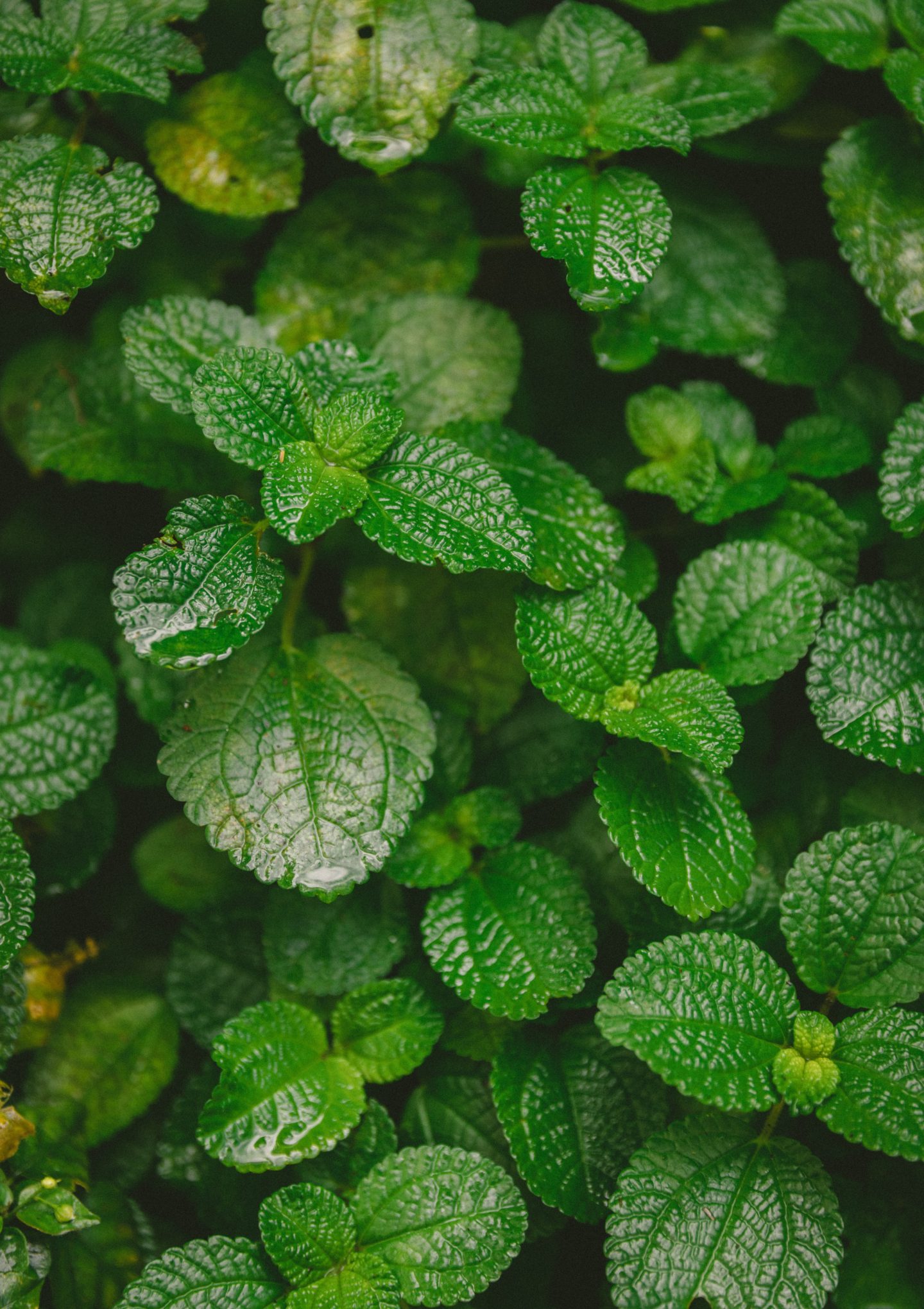
The most important advantage of this plant is its beneficial effect on the digestive system. Drinking mint has a relaxing effect on our smooth muscles, which reduces pain. It also helps in the fight against constipation and the build-up of gasses. The plant owes its beneficial effects to the menthol present in the leaves, which reduces the secretion of bile in the body.
For better digestion, mint tea should be drunk half a glass about an hour before or after eating (then it has a carminative effect). It is assumed that in the case of gastric problems, we can drink 2 to 5 cups of mint infusion daily.
cons:
Mint in the form of pepper oil that is consumed in too high a concentration can be irritating. Overdosing of gastric drops may lead to vomiting, diarrhoea, and induce apathy and lethargy.
Mint tea alone, drunk in normal amounts, does not lead to any more serious side effects. May have a laxative effect occasionally.
lemon balm
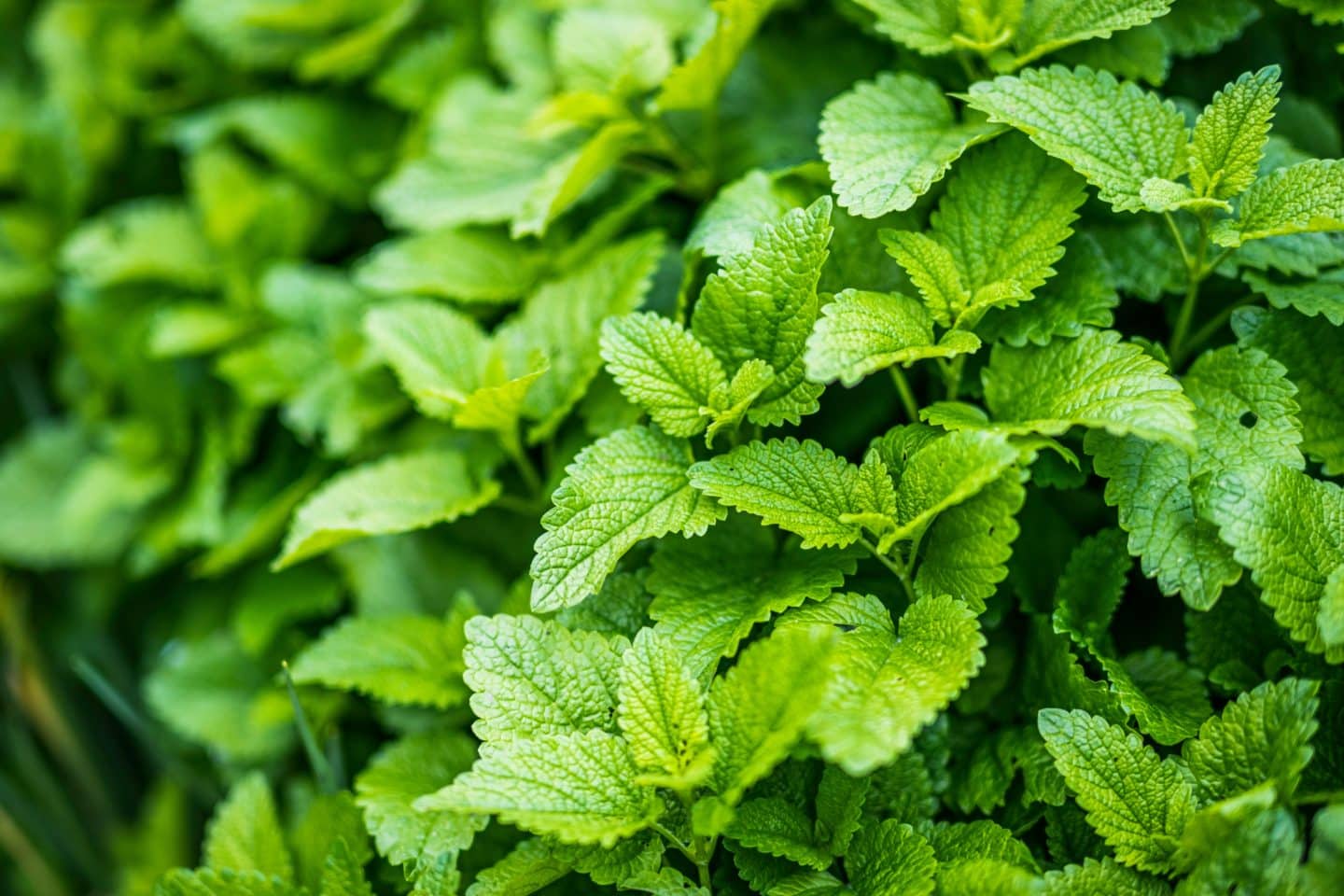
Lemon balm supports physical and mental well-being, helps to relax the body, and has a positive effect on a good night’s sleep. The herb is known especially for its calming properties. In addition, it has antiviral and antibacterial properties. Perfect for nervous people exposed to stress in everyday life. Thanks to its diastolic properties, it helps to fight stomach pain. Drinking lemon balm tea is also recommended in the case of insomnia and heart rhythm disorders. This is one of my absolute favourite herbs for a nighttime drink and I grow it in my garden.
cons:
“There is a concern that lemon balm may change thyroid function, reduce thyroid hormone levels, and interfere with thyroid hormone-replacement therapy. Avoid lemon balm if you have thyroid disease.”(2)
cistus

Cistus contains numerous active compounds from the group of polyphenols, the amount of which may vary depending on the species.
It shows antioxidant and related anti-cancer effects; antifungal, antibacterial, and antiviral – can be used prophylactically to strengthen immunity, and also support respiratory infections. Besides that, it can be used for strengthening and detoxifying – cleanses the body of toxins caused, for example, by an incorrect diet. (3)
cons:
It is not recommended for long-term daily use or in very large quantities.
dill/ fennel
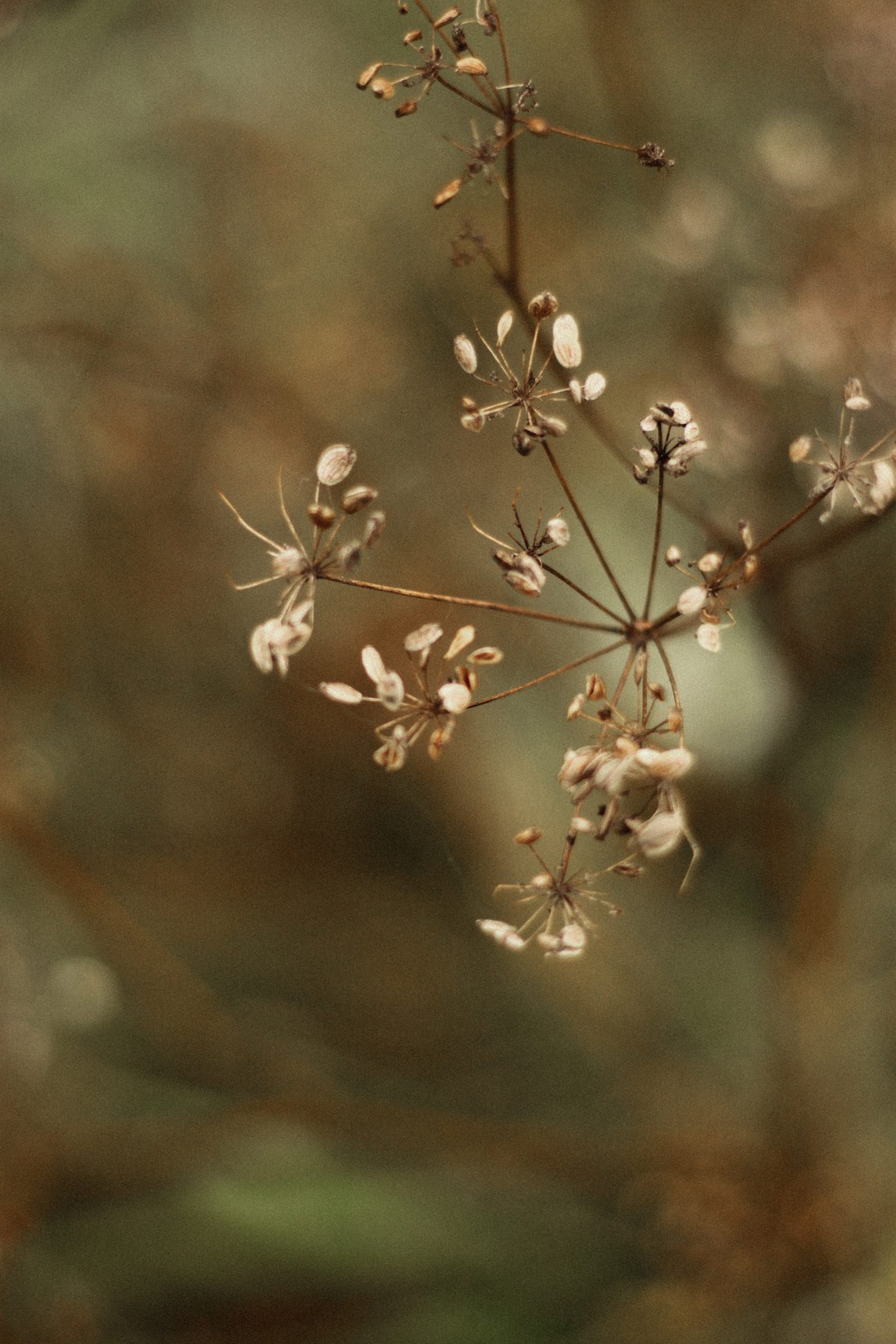
The health benefits of fennel have been discovered a long time ago The Greeks and Romans used fennel seeds to relieve digestive ailments – gas, heartburn, indigestion. Fennel seeds are also used today for the same purpose. The anethole contained in fennel oil is carminative and relaxing by reducing the tension of smooth muscles and increasing intestinal motility. In addition, fennel seeds increase the production of gastric juice and the secretion of bile, improving digestive processes. This is the top herb that I use in herbal tea recipes for stomach issues!
cons:
Essential oils contained in fennel in large doses may irritate the gastric mucosa and cause allergic reactions, therefore it is recommended to consume dill infusion in moderation.
green tea
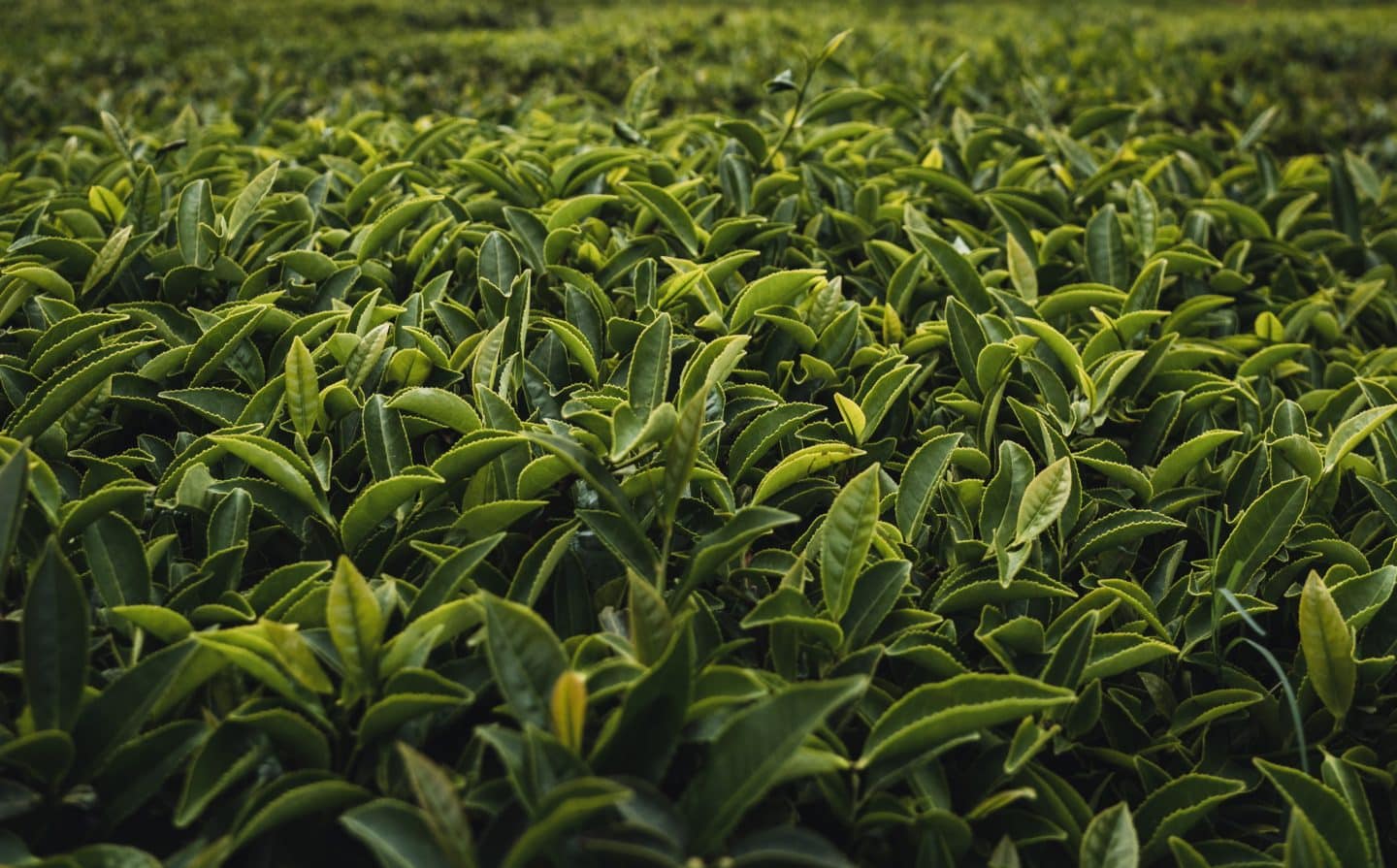
Green tea is the healthiest drink in the world. It is a source of antioxidants and nutrients that have powerful effects on the body
It helps to accelerate and inhibit the transformation to perform caffeine as ingredients such as vitamin B, catechins, polyphenols. Diuretic effect and helps to cleanse the body of accumulated toxin. Improving also at work, improving its metabolism.
cons:
People with severe caffeine sensitivities could experience insomnia, anxiety, irritability, nausea, or an upset stomach after drinking green tea.
St. John’s wort
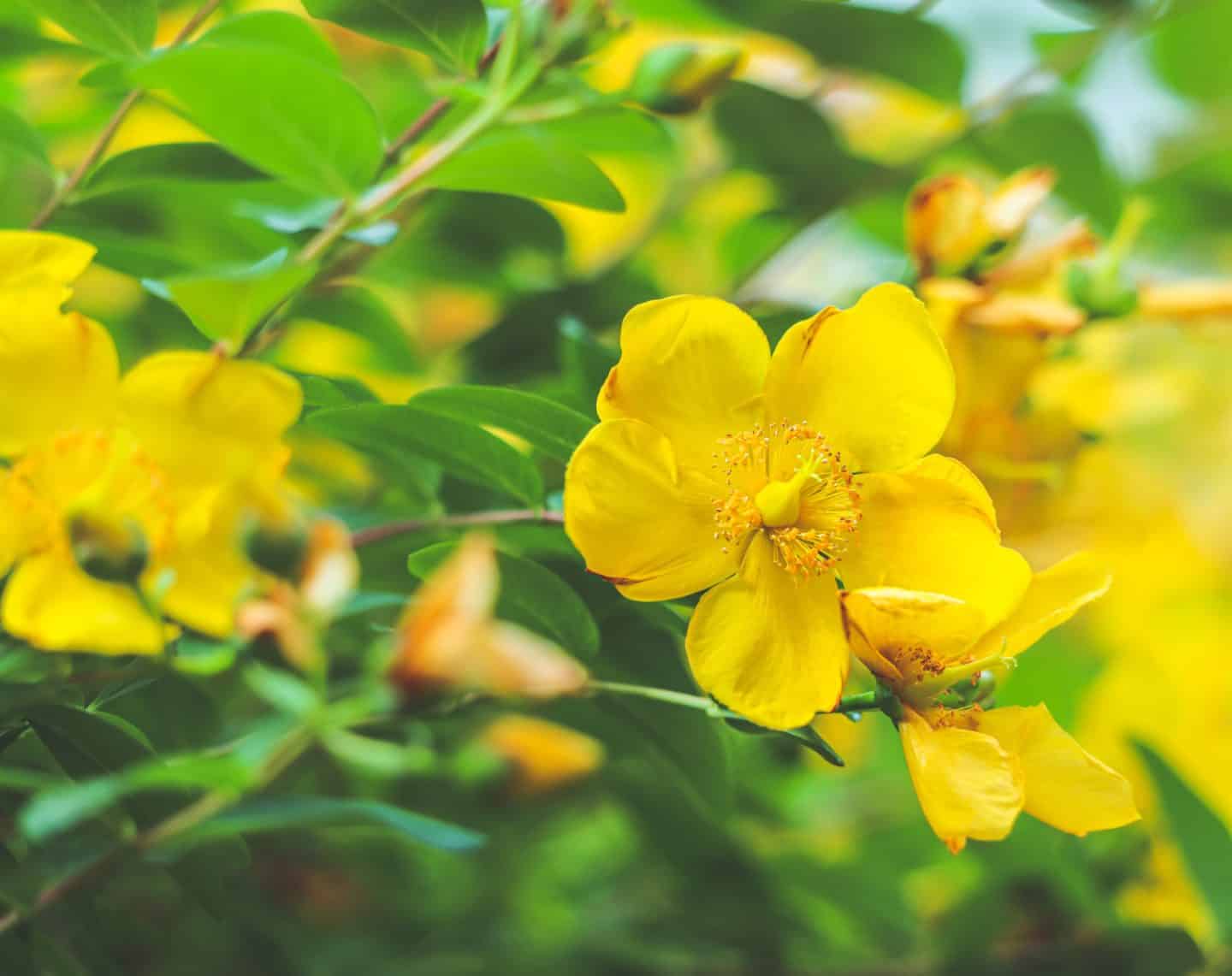
Improves mood, calms, antibacterial, slightly diuretic, astringent, restores normal intestinal peristalsis, relaxes smooth muscles. Taking doses above 6g may cause moderate symptoms of the digestive system, nausea, restlessness, headaches, or allergic reactions. Allergic reactions to sunlight and ultraviolet light may also occur.
cons:
“The main concerns about the herb centre on the metabolic pathway known as cytochrome 450. St. John’s wort can rob medications of their power”(4).
sage
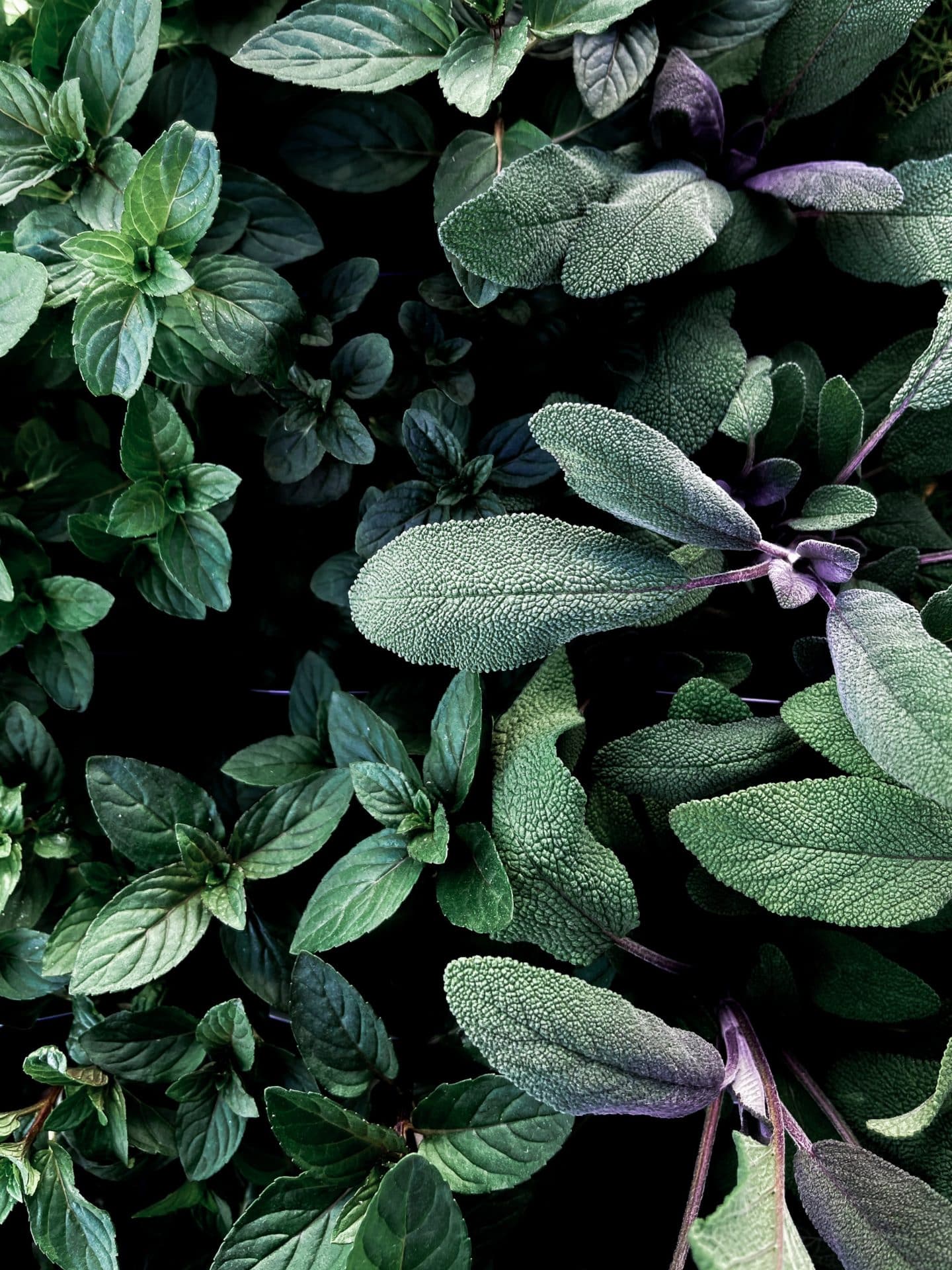
Sage has a soothing effect on the throat and vocal cords and supports the body’s immunity. It has a positive effect on physical and mental well-being. It also contributes to the proper functioning of the digestive system.
Rinsing the mouth with sage infusion has an antiseptic effect, eliminating canker sores and thrush.
It is used in cosmetics intended for the care of combination and oily skin. We can also find it in preparations against excessive oily scalp and hair loss.
cons:
However, sage is POSSIBLY UNSAFE when taken by mouth in high doses or for a long time. Some species of sage, such as common sage (Salvia officinalis), contain a chemical called thujone. Thujone can be poisonous if you get enough. This chemical can cause seizures and damage to the liver and nervous systems. The amount of thujone varies with the species of plant, the time of harvest, growing conditions, and other factors. (5)
horsetail
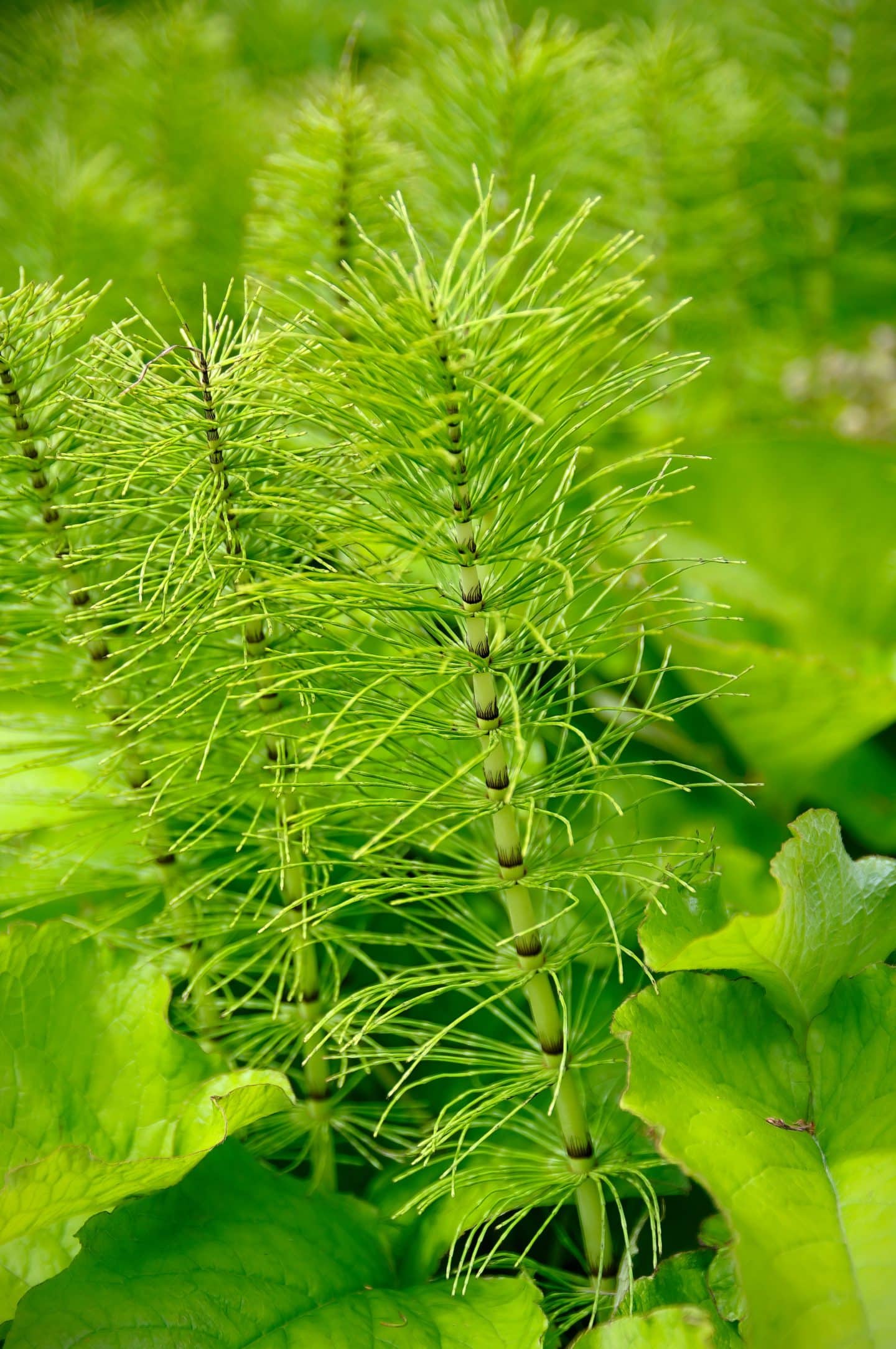
Horsetail contains a large amount of silica, which positively affects delaying the ageing processes of the body. It is extremely helpful in diseases of the kidneys and urinary system, but also neuralgia and inflammation of the oral cavity. Drinking the infusion regularly prevents gum bleeding.
Its high silicon content contributes to preserving the bone tissue, increasing the absorption and storage of calcium.
cons:
“Horsetail may be unsafe when taken long-term because of an enzyme contained in the herb, called thiaminase. This enzyme breaks down thiamine (vitamin B1), rendering it useless. An abundance of could result in thiamine deficiency”.(6)
milk thistle
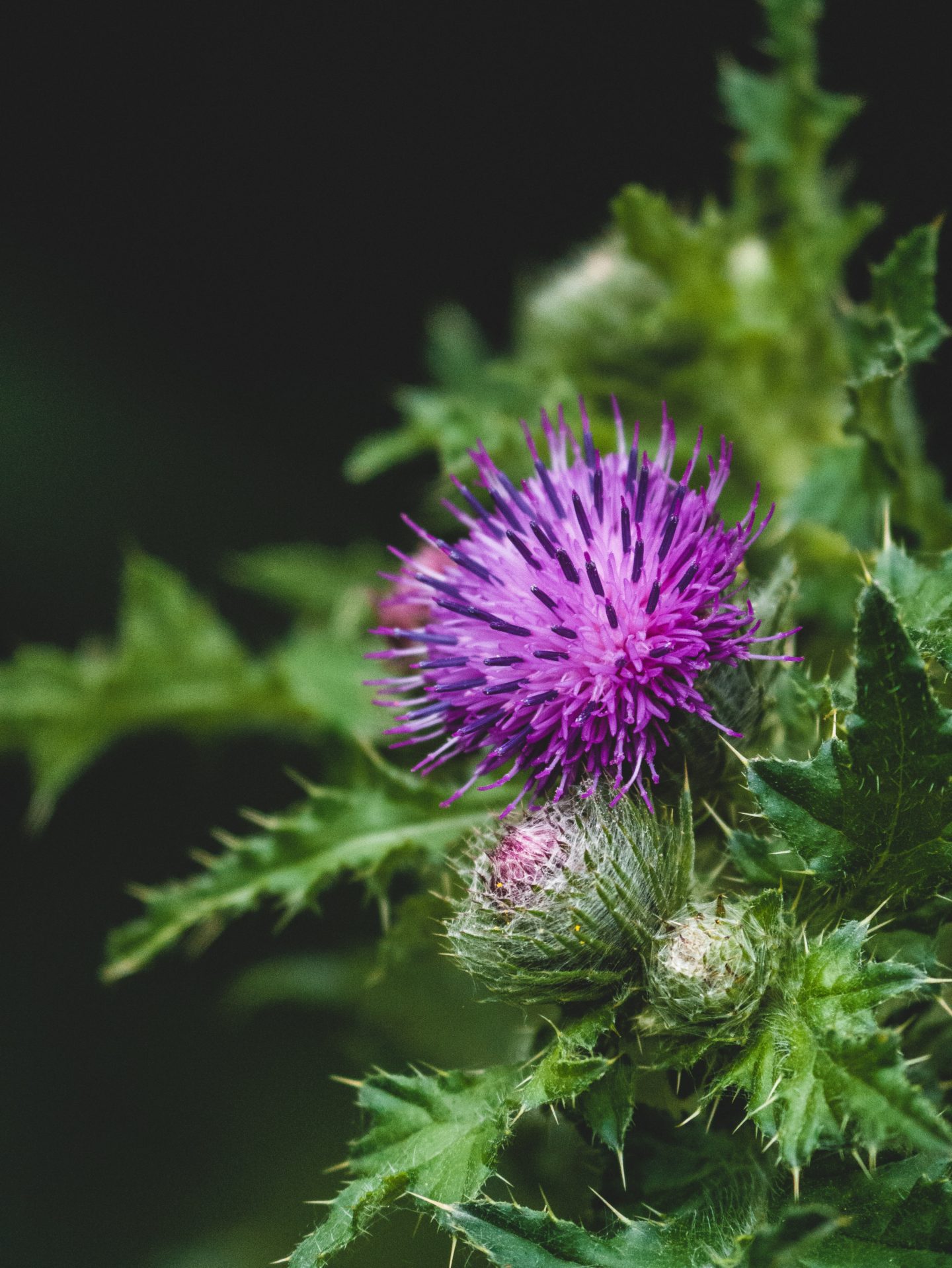
Historically, people have used milk thistle for liver disorders and gallbladder problems. Milk thistle is promoted as a dietary supplement for hepatitis, cirrhosis, jaundice, diabetes, indigestion, and other conditions.
Milk thistle is a natural source of silymarin, which, according to the herbal literature, has a positive effect on the functioning of the liver and its protective and regenerative properties. This is the herb I use daily without fail.
cons:
If you have diabetes, use milk thistle with caution, since the supplement might lower blood sugar.
dandelion root
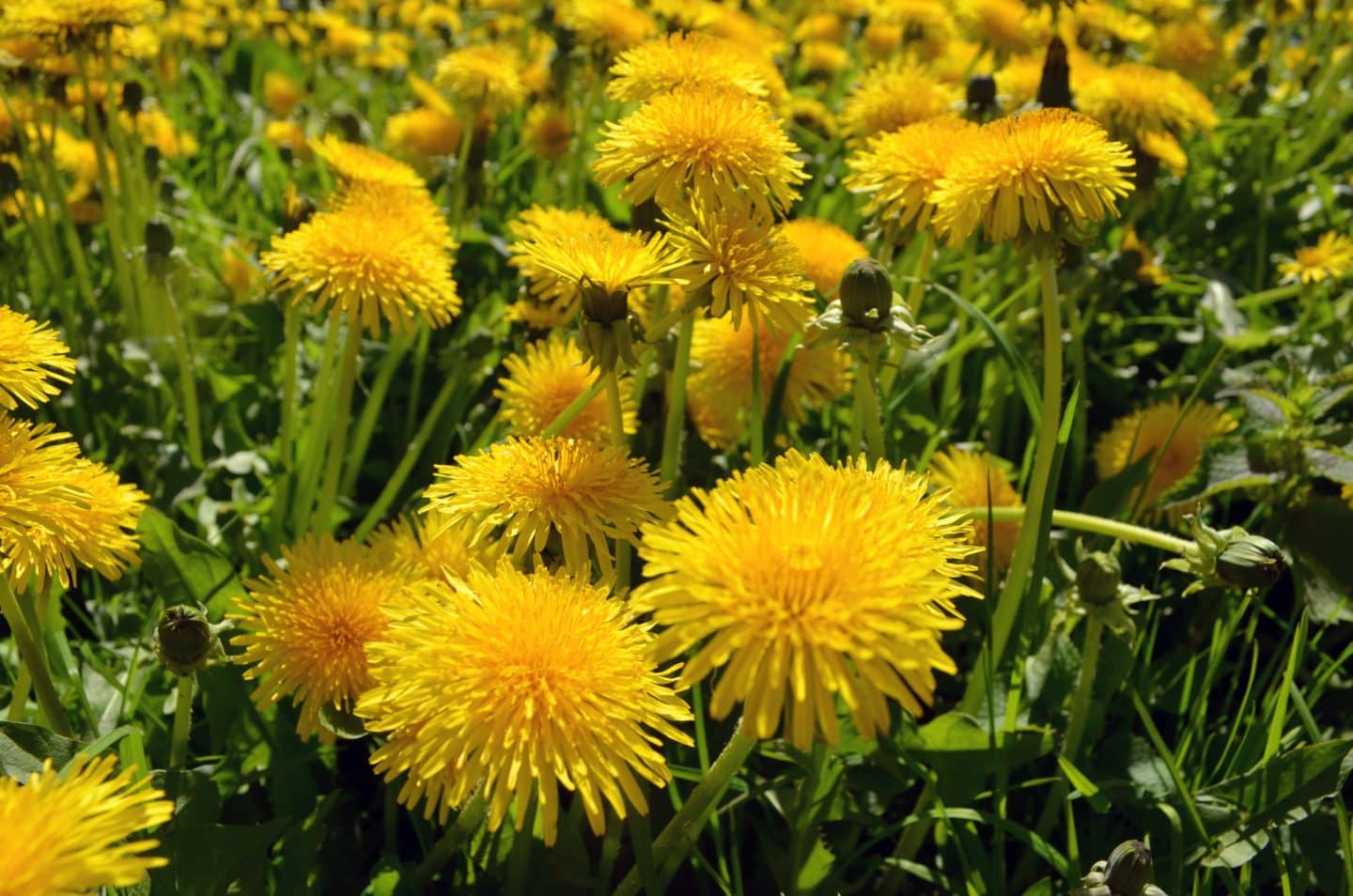
Dandelion root is a rich source of vitamins A, B, C, and D, iron, potassium, and zinc and has been known to stimulate the appetite and promote digestion. It has also been used to support liver health.
Dandelion has anti-diabetic and diuretic properties, helps with skin and stomach ailments, improves immunity, and its supporters even prove that it has some anti-cancer properties.
cons:
In theory, taking dandelion might increase the risk for bruising and bleeding in people with bleeding disorders
Frequently asked questions
Should we use leaves, or bags – what kind of tea should we choose to make herbal tea recipes?
The best ones are in the form of whole leaves. Such teas are of higher quality. The situation with teabags is that, especially in the case of cheaper producers, they can contain not tea but tea dust. What is this? Unfortunately nothing else than waste from the production of higher quality teas. However this does not mean that such tea is harmful, but if we want to take advantage of its properties, the leafy tea will be much better. You want your herbal tea recipes to be good!
Can those herbal tea recipes be enjoyed cold or in non-traditional ways?
Absolutely! Herbal teas can be brewed and then chilled for a refreshing iced tea. You can also use them as a base for homemade herbal-infused beverages, such as herbal iced lattes or herbal tea smoothies, for a creative and tasty alternative.
What can I use to brew these herbal tea?
While French presses are traditionally associated with coffee, I absolutely love using them and is my favourite equipment to use. Their design and functionality make them well-suited for brewing herbal teas. The ability to control the steeping process and easily separate the herbs from the liquid contributes to a convenient and enjoyable tea-making experience.
Herbal tea recipes!
The herbal tea recipes below are my favourite blends that I use regularly. Importantly my knowledge is pretty basic so if you want to check with a herbalist or doctor before you make any herbal mix I encourage you to do so 😄
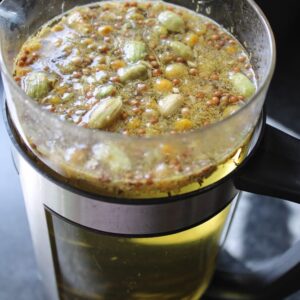
Easy Herbal tea recipes
Equipment
- french press (optional)
Ingredients
After dinner 🌸
- 1 tsp chamomile flowers
- 1 tsp mint leaves
- 1 tsp fennel seeds
Sleep mix 🌸
- 1 tsp chamomile flowers
- 3 pods cardamon
- 1 tsp lemon balm
Immunity mix 🌸
- 1 tsp echinacea
- 1 tsp ginger peel
- 1 tsp nettle leaves
- ¼ tsp tumeric
- pinch black pepper
Atumn in a cup 🌸
- 1 tsp nettel leaves
- 1 tsp mint leaves
- 1 tsp lemon balm
- 1 tsp ginger peel
Happy liver 🌸
- 1 tsp dandelion flowers
- ½ tsp lemon balm
- ½ tsp milk thistle
- 1 pod cardamon
Happy skin 🌸
- 1 tsp chamomile
- ½ tsp dandelion
- ½ tsp nettle leaves
- ½ tsp echinicea
PMS blend 🌸
- 1 tsp chamomile
- ½ tsp nettle leaves
- 1 tsp lemon balm
Instructions
- Pick you blend.
- Fill a reusable tea infuser or a disposable tea with a herb blend.
- Pour 8 ounces of boiling water over the tea and steep for 3-5 minutes, or until desired strength.
- Sip and enjoy!
DISCLAIMER:
I am not a professional cook, nutritionist, or doctor. All texts on the blog are informative and based on my own experiences.
When using the advice provided here, you do so at your own risk. Before making any decisions regarding your health condition and changing your diet, you should contact a specialist. Especially since medicine and dietetics are developing dynamically and some information may be out of date.
I HOPE YOU ENJOY YOUR HERBAL TEA BLENDS AS MUCH AS I DO! ❤
Recipes you could enjoy with the teas:
IF YOU HAVE PINTEREST YOU CAN FIND ME HERE AND PIN THE PICTURE BELOW IF YOU WANT 😁⬇️
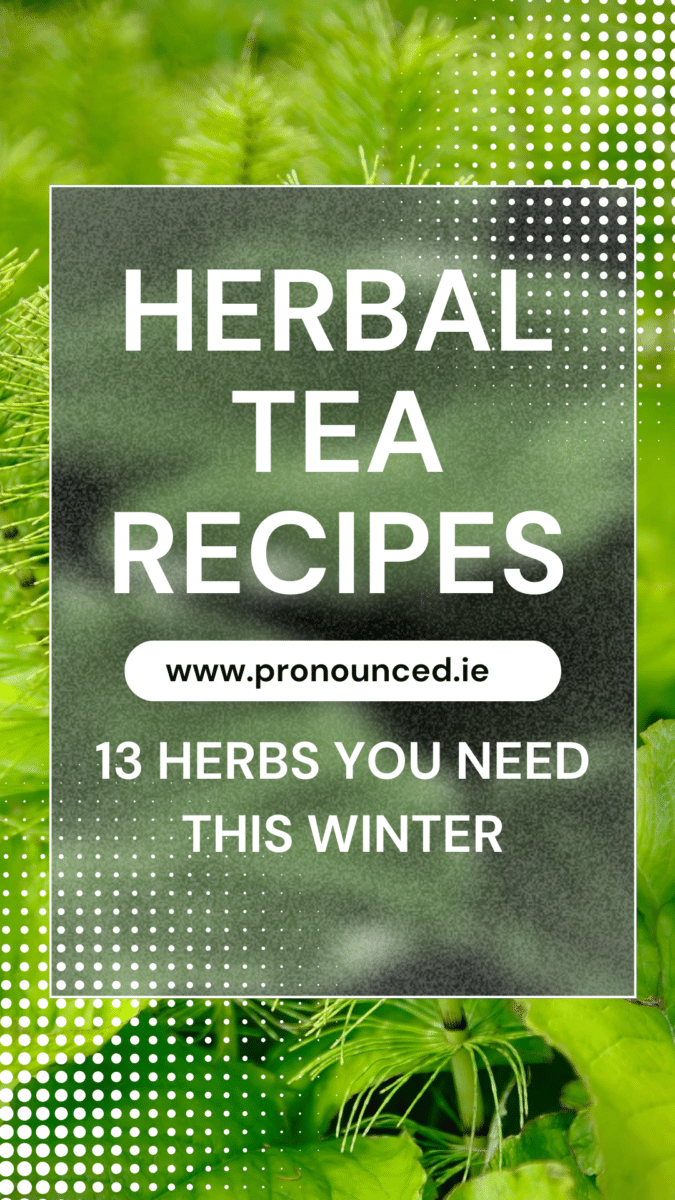
reference:
- https://www.izielnik.pl/blog/rumianek?kw_ziola_codziennie_blog_2_2019
- https://en.wikipedia.org/wiki/Echinacea_purpurea
- https://www.healthline.com/nutrition/echinacea#antioxidants
- https://www.doz.pl/czytelnia/a1242-Niezwykle_wlasciwosci_jezowki
- https://www.webmd.com/diet/nettle-leaf-tea-good-for-you#2
- https://www.healthline.com/health/digestive-health/chamomile-tea-acid-reflux#risks-and-warnings
- https://www.organicfacts.net/cistus-tea.html
- https://www.healthline.com/nutrition/fennel-and-fennel-seed-benefits
- https://www.medicalnewstoday.com/articles/269538#side-effects
- https://www.rxlist.com/dandelion/supplements.htm
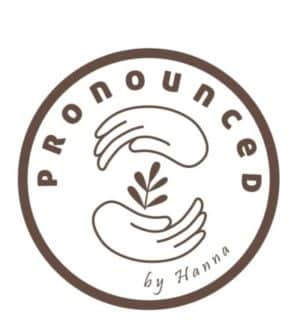
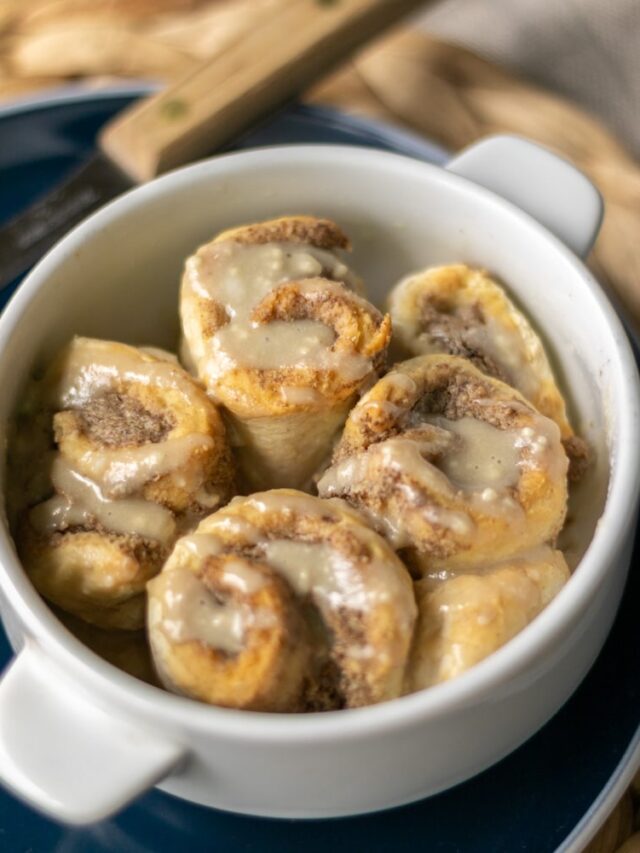

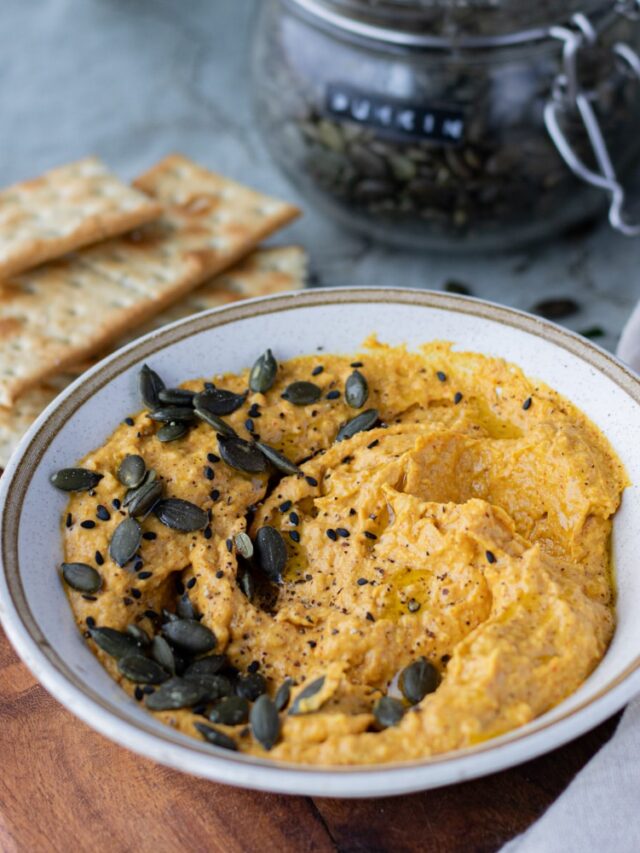
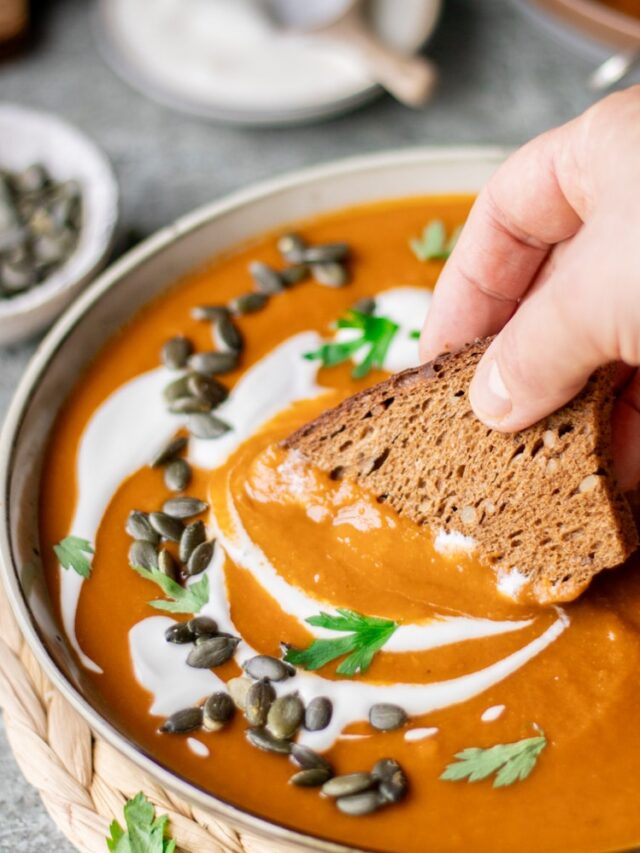
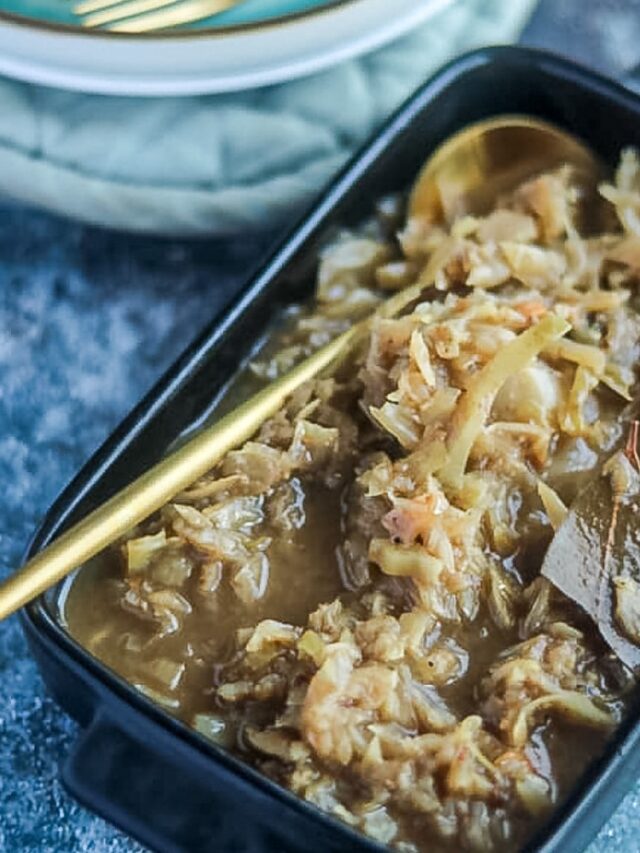
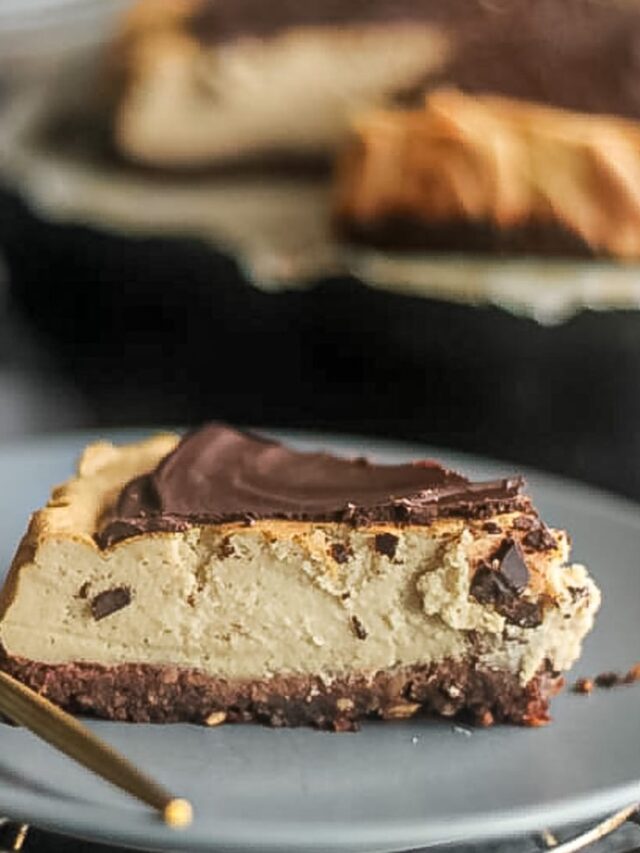
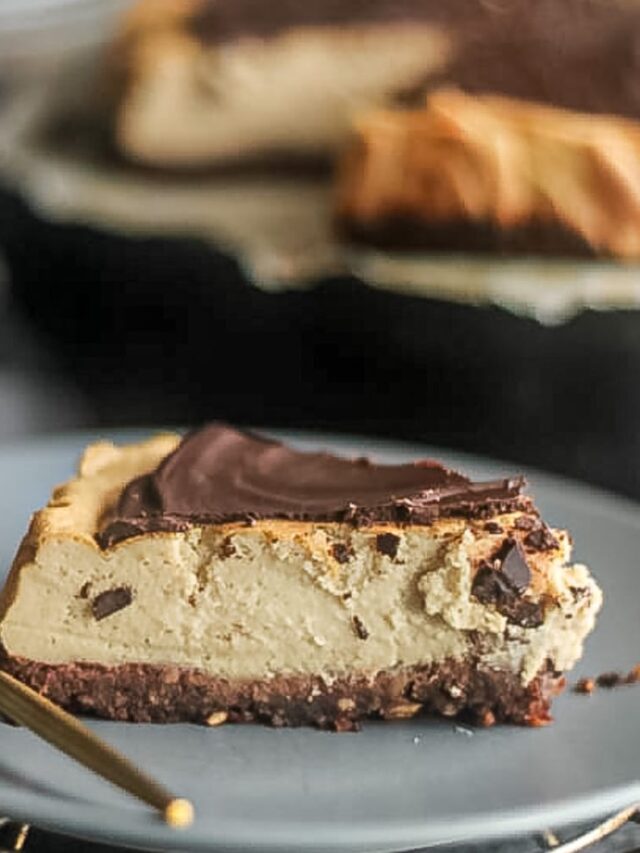
Oh I cannot wait to try the immunity and the sleep mix teas. Got me excited.
Author
thank you! I love the sleep mix – make it every night x
Finally, can’t wait to try these out… i am a big lover of tea..
Author
ENJOY! sleep tea is my favourite!
I can’t wait to try some of these! I love herbal tea.
Author
yes, love them. Great for your health x
I love these herbal tea recipes! I just recently got into drinking tea and I love it! Thanks for sharing these awesome ones.
Author
thank you x
While each and every tea mix is unique, would love to try the sleep and immunity blends.. Thanks you for sharing such an awesome post…
Author
thank you! x
Thanks for the wonderful list!! The power of herbs is amazing and their healing properties.